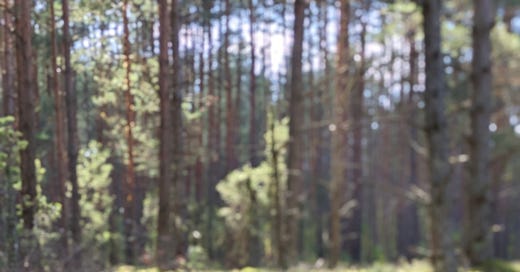Decoding growth mindset through Internal Family Systems
(This journal entry has been inspired by my explorations into the science of mindset and their intersection with the insights of the IFS model.)
Every so often, an idea reshapes the way we perceive ourselves and our potential. One such idea that's been under my magnifying glass is the theory of the Growth Mindset, as opposed to the Fixed Mindset. While these terms might sometimes sound like LinkedIn buzzwords, given their frequent use, their implications are deeply rooted in the essence of our potential and growth.
Carol Dweck's groundbreaking research on mindsets unveiled two primary orientations:
Fixed Mindset: The belief that abilities, intelligence, and talents are static. This mindset restricts growth as people avoid challenges for fear of failure.
Growth Mindset: The conviction that capabilities can be developed and enhanced through dedication, effort, and learning from mistakes (however scary they might be).
So, how does the Internal Family Systems model fit into this concept?
The IFS model paints a picture of our psyche as a multi-dimensional landscape inhabited by various "parts," each with their unique roles, histories, and perspectives. Some parts carry burdens - beliefs rooted in past experiences or traumas. Some of these burdens might be anchored in a fixed mindset, stemming from past criticisms, shame, or perceived failures.
As I dove deeper into connecting IFS with mindset research, I could see that the Fixed Mindset, in many ways, mirrors the burdens carried by our protective and exiled parts. These are parts that have internalized messages like "I can't change" or "This is just the way I am." Conversely, the Growth Mindset resonates with the Self-energy in the IFS model. The Self, characterized by qualities like curiosity, compassion, and clarity, inherently believes in growth, evolution, and potential.
The exciting revelation here is that by approaching our fixed beliefs through the IFS lens, we can engage with the parts that carry these beliefs, understanding their origins and addressing the traumas they're rooted in. This dialogue, grounded in compassion and curiosity, facilitates the transition from a fixed to a growth mindset. When we allow the Self to lead these internal conversations, we foster an environment where our parts feel seen, heard, and valued, laying the groundwork for deep healing and transformation.
Imagine unlocking parts of yourself that have been confined by fixed beliefs for years. Through IFS, we not only identify these parts but also equip them with the tools and support they need to transition towards a growth-oriented mindset. The combination of understanding mindset dynamics and leveraging IFS provides an interesting roadmap for not just intellectual exploration but holistic personal evolution.
In conclusion, as I delve further into mindset research and its synergy with the IFS model, my sense of wonder only grows. The harmony between these two promises a path to rewire our beliefs and amplify our potential, underscoring that growth isn't merely a possibility - it's our inherent nature.
(P.S. My function as a coach is to hold a safe space for your transformation by offering non-judgmental support and equipping you with practical tools and strategies. Whether it's for 1:1 sessions or group coaching, begin with a free introductory session to connect and discuss your goals.)



